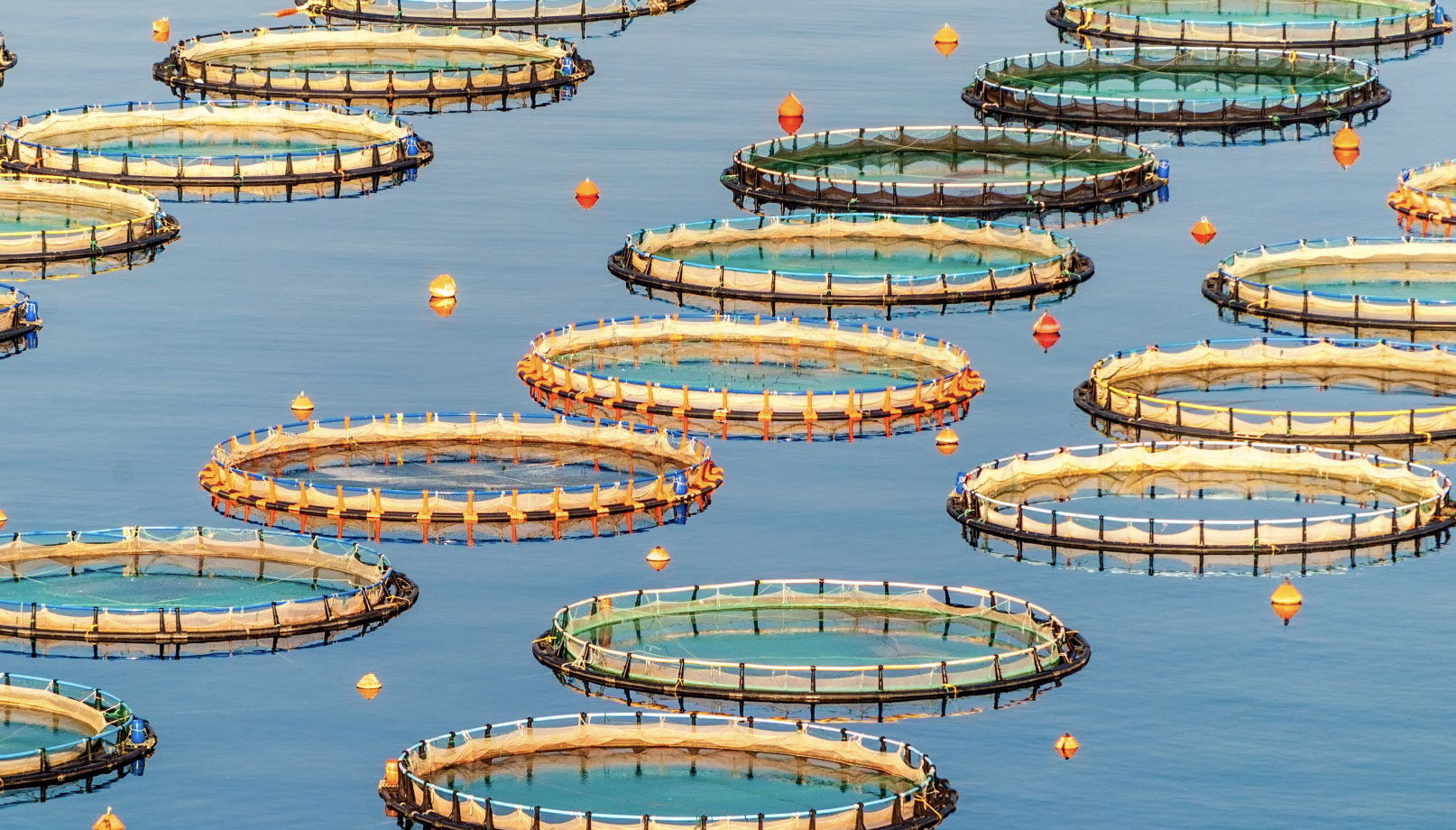On November 14th, Washington State’s Department of Natural Resources (DNR) announced they will not renew leases for Cooke Aquaculture’s fish farms in Puget Sound. Due to years of vigilance by community groups, Washington State realized that the legal peril, scientific concerns, and community impacts of these farms could no longer be negated or ignored. The DNR did the right thing, and it’s great news for the marine environment, wild salmon, and coastal communities.
The Washington State Commission of Public Lands, Hilary Frank, rejected private interests for the greater good. In a statement, she said: “Since the catastrophic Cypress Island net pen collapse in 2017, I have stood tall to defend the waters of Puget Sound. This effort began by terminating finfish net pen operations due to lease violations. Despite years of litigation – and a company that has fought us every step of the way – we are now able to deny lease renewals for the remaining net pen sites. Today, we are returning our waters to wild fish and natural habitat. Today, we are freeing Puget Sound of enclosed cages.”
In response to this announcement, fish farming trade groups and their corporate sponsors are calling for an independent review of the DNR’s decision. Yet, no amount of new research can change the fact that Cooke Aquaculture has a poor track record. According to Our Sound, Our Salmon, in 2013, Cooke pleaded guilty to using banned pesticides at one of its Canadian sites that resulted in the deaths of hundreds of lobsters, impacting coastal communities and working waterfronts. And, in 2017 more than 200,000 Atlantic salmon escaped from one of their Cypress Island net pens into the Salish Sea, never to be found, thus contaminating the wild Pacific salmon populations with disease, virus, and lice. Originally, the company lied about the damage, lowballing the number of escaped salmon and they claimed it was due to natural causes, rather than the truth: their own negligence.
Taxpayers cannot afford to continue funding research that blue-washes a dirty industry. The US federal government has pumped millions of dollars into research and development projects for fish farming. The protocol has been to funnel US money into promoting the shaky industry, rather than investigating the negative impacts these facilities have on marine environment, coastal communities, consumer health, and climate chaos.
The National Oceanic and Atmospheric Administration, the Environmental Protection Agency, and the Army Corps of Engineers have been encouraging offshore fish farming for years. And in that capacity, all three federal agencies have faced legal battles over their lack of proper consideration and implementation of the Endangered Species Act, the National Environmental Policy Act, and the Clean Water Act, among others.
Washington’s DNR is rightfully following their mandate to protect the environment; now will the federal agencies pay attention and follow suit?

